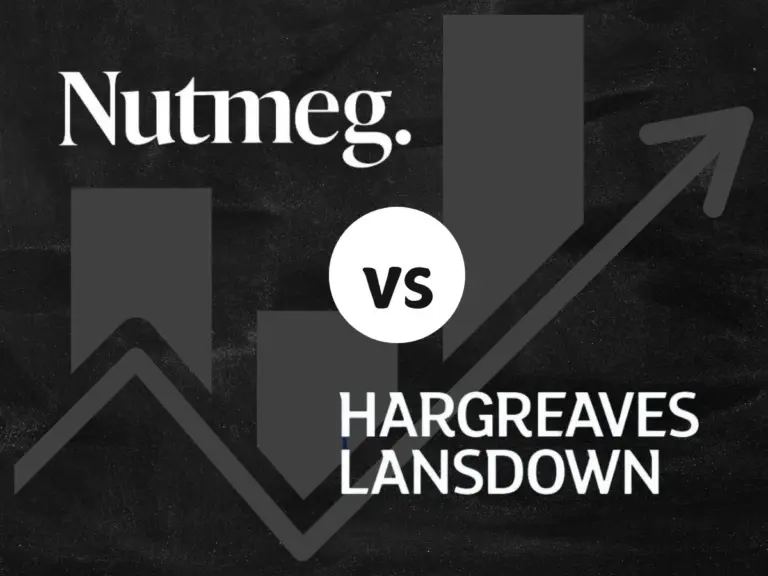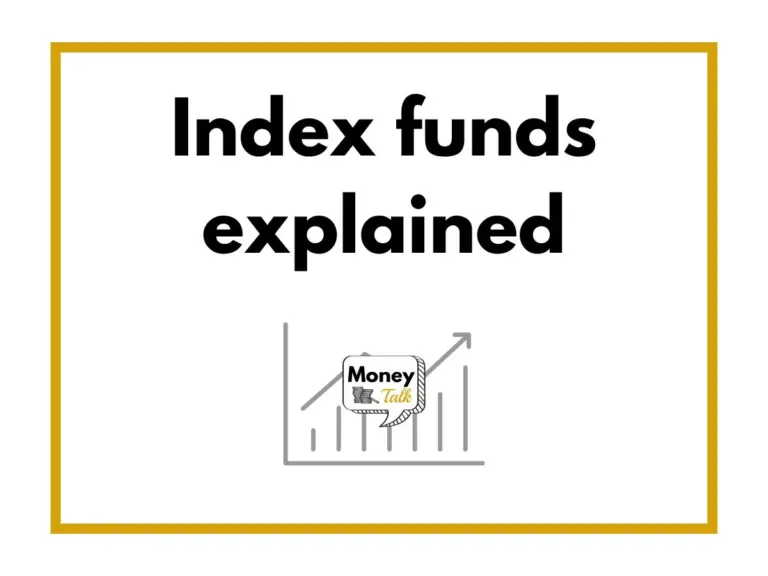Should you overpay your mortgage or invest the money?
Money Talk is intended to inform and educate; it's not financial advice. Affiliate links, including from Amazon, are used to help fund the site. If you make a purchase via a link marked with an *, Money Talk might receive a commission at no cost to you. Find out more here.
One of the questions frequently asked by homeowners is whether they should overpay their mortgage or invest the money.
Usually it happens when they come into a big lump sum, such as an inheritance or bonus, that they’re not quite sure what to do with.
But you might also want to keep it in mind if you just have a bit more cash than you need, whether that’s because you’ve just had a promotion or paid off your debts.
With that in mind, here are a few things to think about when you’re trying to decide whether to pay off your mortgage or invest the money.
The best use of your money
Firstly, if you have any high interest rate debts, such as a credit card debt, personal loan or overdraft, it’s always worth paying those off first.
The interest payment you owe on those would almost always outweigh savings or gains you make elsewhere.
You should also make sure you have an emergency fund somewhere easily accessible.
It should cover at least three months’ worth of living expenses but ideally around six.
These two things are priorities regardless of whether interest rates are high or low.
Is it better to overpay your mortgage or invest the money?
If we are just talking about the numbers, that is, which option will perform better financially, it actually depends on a myriad of factors, including the length of your mortgage and the interest rate on it.
I’ve put together a spreadsheet where you can plug in your own numbers (just make a copy and save it locally) to make the comparison a little clearer.
A note that it’s a rough guide only, and is by no means perfect or exact. However, it is quite useful for making a quick comparison.
The spreadsheet captures two scenarios, both with a budget fixed to the maximum amount you can repay at the start of your mortgage.
In the first scenario, you maximise your overpayments.
I’ve assumed that it’s a fixed rate repayment mortgage (rather than interest only) and that you’re allowed to make up to 10% in overpayments each year without penalty.
As you pay down your mortgage, the amount of overpayment you can make decreases each year so I’ve assumed that you’re going to invest the surplus money.
In the second scenario, you don’t make any overpayments – just your normal mortgage repayments; the money you would have used for overpayments are instead invested.
To see which one works out better financially, you have to compare the two wealth columns.
Depending on your figures, one scenario should outperform the other for a couple of years before the two switch around.
So in theory, it might make more financial sense to do one thing and then the other.
Below, I’m going to summarise some of the main pros and cons to think about when you’re choosing whether to overpay your mortgage or invest the money.
Pros and cons of investing
One important factor to bear in mind is that the rate of returns on investment is never guaranteed.
Cons of investing
As ever with investing, past performance is not an indicator of future returns.
Even if there’s a historical rate for average returns, there’s no guarantee that you will hit that number.
Essentially, the returns could be less than what you would have saved on your mortgage interest.
What’s more, you could even lose everything, which is why it’s important you should never invest what you can’t afford to lose.
Pros of investing
Invested money is theoretically more liquid than overpaying your mortgage – you can generally request to have your money transferred back to your bank account within a couple of days.
If you have a stocks and shares ISA, you can take advantage of the tax benefits that will give you as well.
There are also different types of investing, with varying levels of risk.
If you are considering investing a significant amount of money, make sure you know the risks and speak to a qualified financial adviser who’s authorised by the Financial Conduct Authority to give investing advice.
Read this: Investing for beginners: How to get started
Pros and cons of overpaying your mortgage
Just like investing, there are pros and cons to overpaying your mortgage.
Pros of overpaying your mortgage
The benefit of overpayments is obvious: you’ll pay off your mortgage sooner and save lots of interest in the process.
And unlike investing, the amount of interest you save is guaranteed.
Plus, as you’ll have more equity in your home, it’s also easier to remortgage if you want to trade up for a bigger property.
Cons of overpaying your mortgage
The biggest downside of overpaying your mortgage is that the money is locked away until you sell your home or remortgage.
This is why it’s important to have your emergency fund set aside first, and pay off any debts.
Matt Coulson, director of Heron Financial, suggests getting an offset mortgage as an alternative.
He said: “If you have substantial savings, or you benefit from earnings bonuses and commission on top of a regular income, you could benefit from using this extra cash to pay off your mortgage.
“An effective way of doing this would be to set up an offset account whereby any savings in your bank account are automatically offset against the balance owed on your mortgage and will reduce the term of your mortgage.”
Offset mortgages tend to have higher interest rates, but you do have the benefit of being able to access your money when you need it.
When you do withdraw the money, it just increases your interest rate repayment.
Another downside is that there aren’t as many options available as traditional mortgages. You can do a comparison on sites like money.co.uk to see what’s available though.
Weighing up the difference
Once you’ve compared the figures, and the pros and cons, there’s one more thing to consider: your risk appetite.
Peter Fairweather, head of advice at Multiply AI, said: “We would suggest that more cautious investors look at repaying their mortgage and more adventurous investors look to invest. If you’re in the middle, then why not do a bit of both!”
This post was originally published in May 2021. It was updated in December 2024.
Pin this for later








